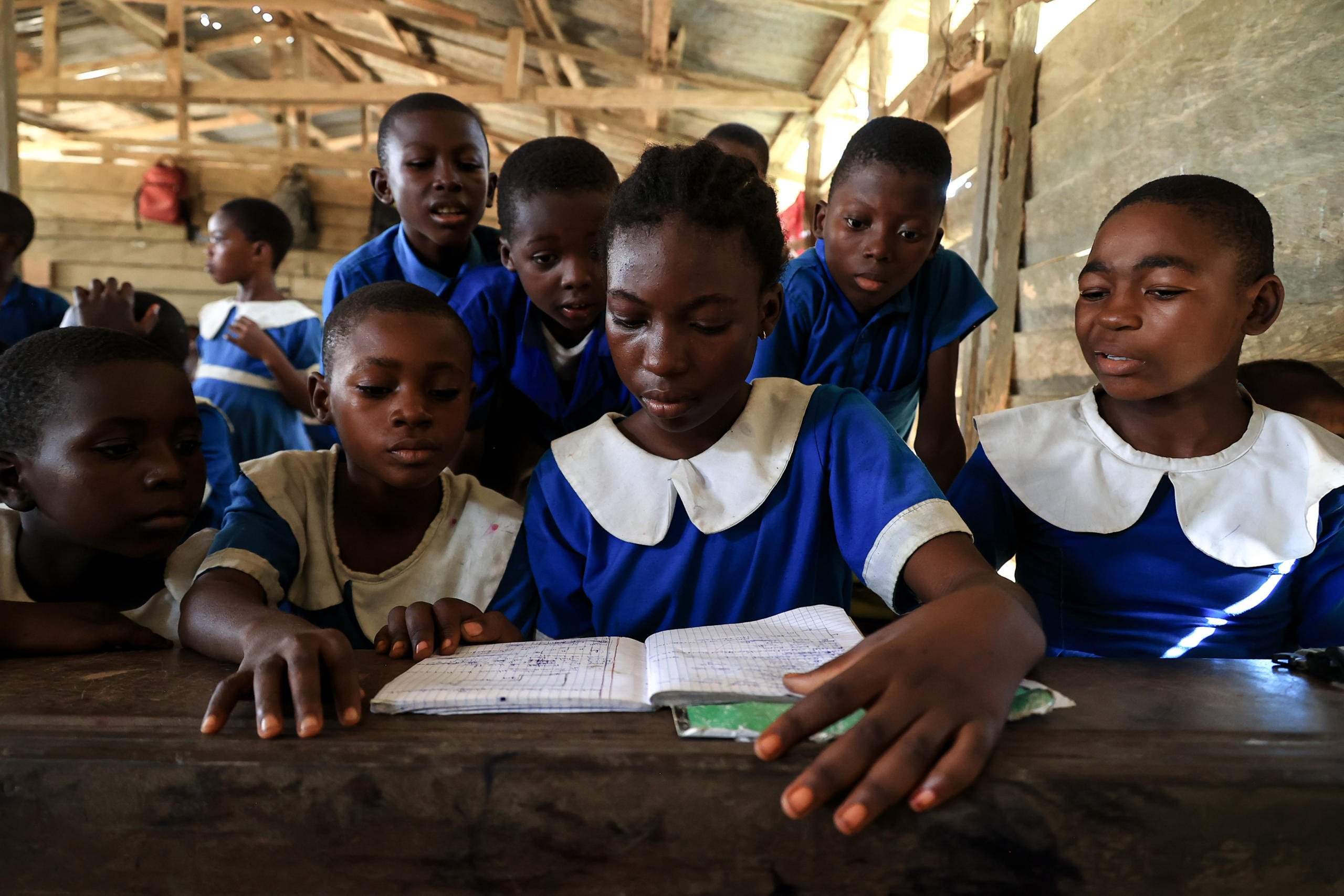The crisis in Cameroon
The crisis in Cameroon is actually three separate crises.
In the Far North region of the country, attacks by Boko Haram have caused hundreds of thousands of people to flee their homes. Meanwhile, frequent droughts and flooding have led to shortages and conflict over resources.
Eastern regions of the country have seen a growing number of refugees from the Central African Republic, putting pressure on local host communities.
And in the English-speaking Northwest and Southwest regions, insecurity and abuses against civilians have forced more than half a million people to flee in search of safety, some seeking refugee in neighbouring Nigeria.
NRC's response
- Started work in Cameroon: 2017
- People assisted: XXX,XXX since 2017
The crisis in Cameroon
The crisis in Cameroon is actually three separate crises.
In the Far North region of the country, attacks by Boko Haram have caused hundreds of thousands of people to flee their homes. Meanwhile, frequent droughts and flooding have led to shortages and conflict over resources.
Eastern regions of the country have seen a growing number of refugees from the Central African Republic, putting pressure on local host communities.
And in the English-speaking Northwest and Southwest regions, insecurity and abuses against civilians have forced more than half a million people to flee in search of safety, some seeking refugee in neighbouring Nigeria.
NRC's work in Cameroon
We started our operations in the Far North region of Cameroon in April 2017, and now have an office in each of the crisis areas of the country.
We work with local partners, supporting people with both emergency aid and longer-term solutions. For example, we:
- ensure displaced people have somewhere to live, and help those who have returned home to rebuild their houses
- ensure people have access to clean water and proper sanitation
- provide legal assistance to help displaced people claim their property rights and get essential documents such as birth certificates
- help children to continue their education when they've experienced trauma or been forced to drop out of school
- advocate for displaced people’s rights.

Children attend class in Souza Gare primary school, southern Cameroon. Many students have been forced to flee conflict in their home villages in the North West and South West regions. Photo: Daniel Beloumou/Education Cannot Wait
-
47,125people benefited from our education programme in 2022
-
15,581people benefited from our food security programme in 2022
-
57,512people benefited from our shelter programme in 2022
-
6,371people benefitted from our camp management programme in 2022
-
28,344people benefited from our ICLA programme in 2022
-
69,746people benefitted from our WASH programmes in 2022
News and stories
Publications








